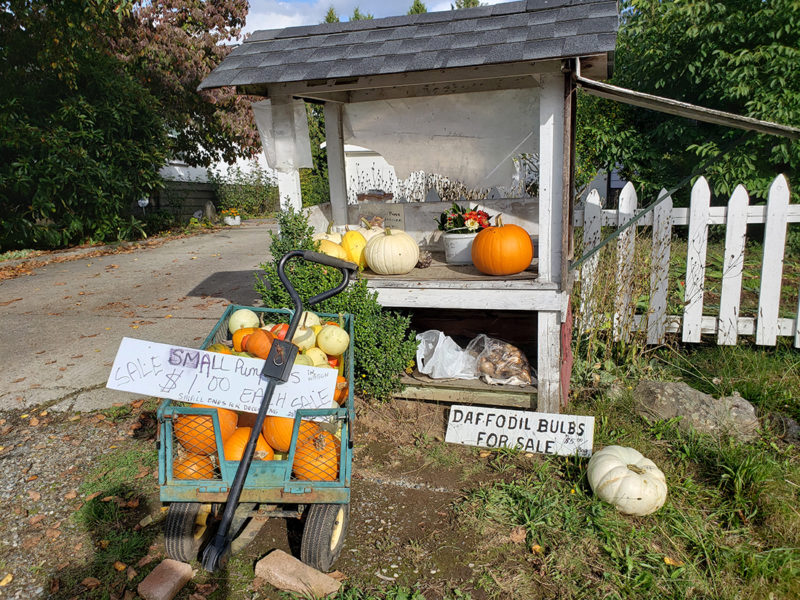Small-lot agriculture, secondary residences and a general disconnect between farmers, local government and the Agricultural Land Commission are emerging as common themes at town hall sessions the province launched last month to figure out how it could do a better job of supporting farming in the Agricultural Land Reserve.
The four-hour sessions feature presentations by ALC chair Jennifer Dyson, CEO Kim Grout and assistant deputy minister of agriculture James Mack, with time for questions and discussion.
But small-scale producers have dominated the meetings, partly because they’re happening when, as Lydia Ryall of Cropthorne Farm on Westham Island noted at the Delta meeting on October 1, “most larger farms are busy harvesting corn, potatoes and other vegetables.”
The other reason is that many small lots are too small to be farmed without the kind of diversification current regulations prohibit.
“My property can’t be farmed and I don’t want to be restricted,” one attendee stated, noting that there are more than 2,500 similar properties in Richmond.
However, what many attendees at the meetings believe is necessary for farming is much different than what the ALC envisions. It’s also different than what many were allowed to do under previous governments and prior to an overhaul of regulations this past February that gave force and effect to Bill 52. Additional regulations implementing Bill 15 are set for introduction this fall.
Those who attended a meeting in Prince George on October 3 voiced similar concerns, noting programs aimed at supporting farm development when the ALR was originally implemented have been stripped away. This has left farmers without supports even as production costs have continued to rise, eroding margins.
“Farmers have felt for many years that the land is being protected but the farming is not,” said one landowner in Prince George. “Two years ago in this area we had a commitment that those programs were going to be looked at and they have not changed at all.”
The lack of a consistent answers from the ministry, the ALC and local government has undermined the confidence of many farmers, prompting some to put planning for the future on hold altogether.
The volume of feedback at the four meetings held to date has prompted the addition of meetings in Cranbrook on November 5 and Kamloops on November 14 for farmers, landowners and other stakeholders to voice their concerns.
The next two meetings are scheduled for Kelowna on October 10 and Castlegar on October 30.
The six-week consultation wraps up November 15. For more information and to register, visit [https://engage.gov.bc.ca/supportingfarmers].


 Opposition to grill NDP
Opposition to grill NDP